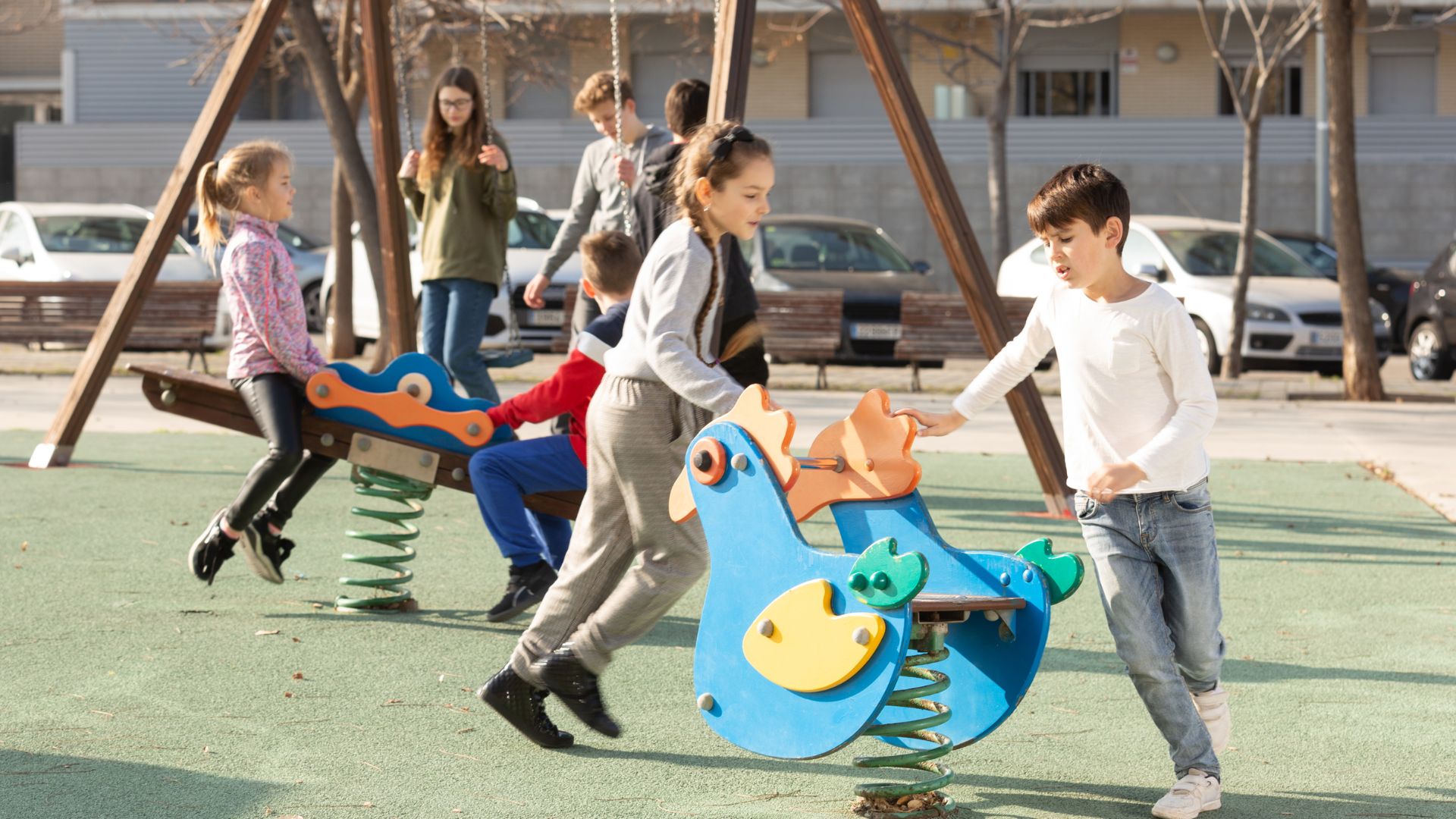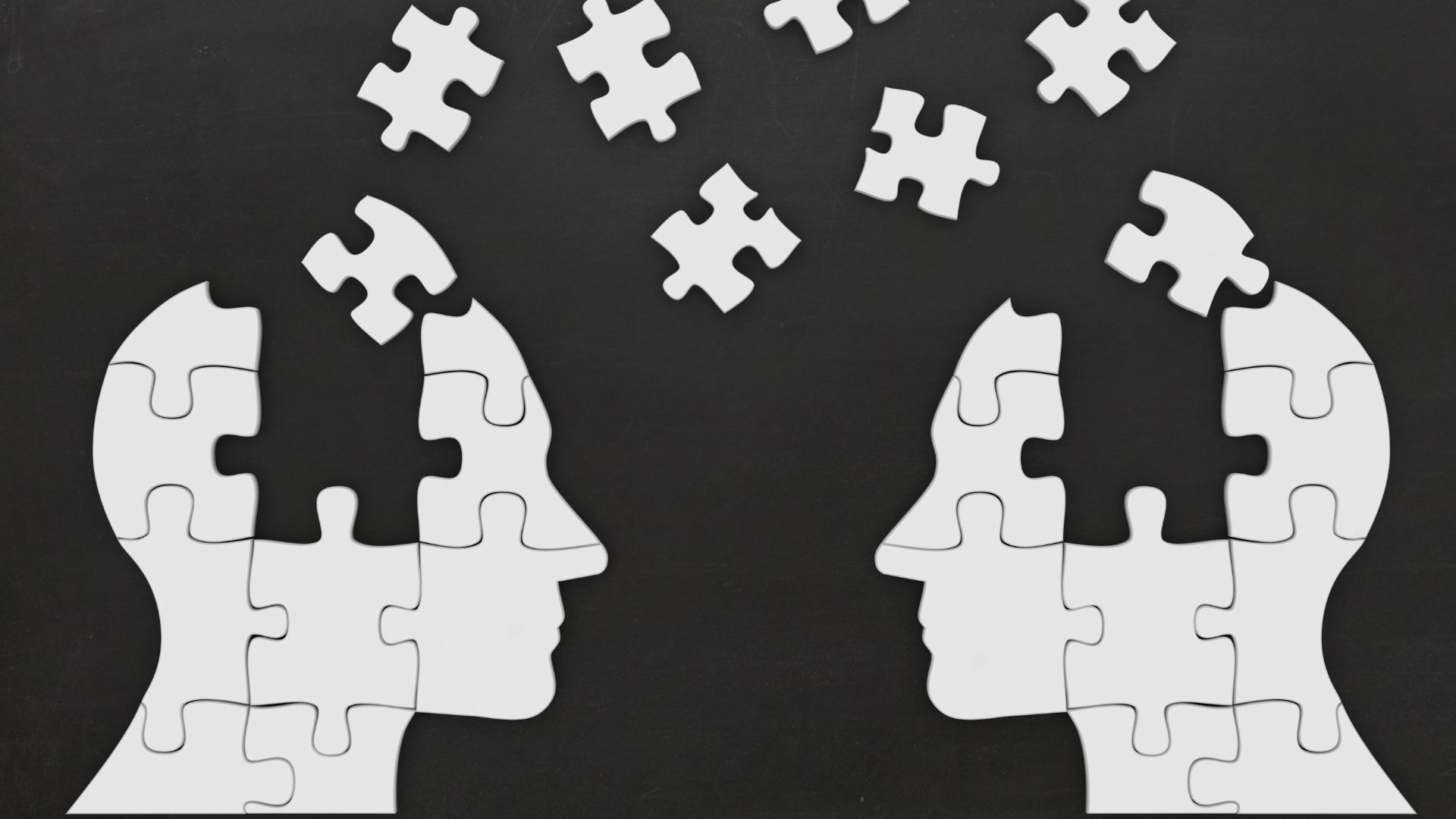The Secret to Getting Along with People

Looking back to your childhood, do you remember what happened to the kids who were bullies, who did not share or play nice? Well, the other kids avoid playing with them, and they end up having no friends.
A somewhat similar dynamic can emerge in the workplace.

If you cannot work and interact well with others, it will hinder your overall career growth. If no one wants to work with you, no one will recommend you for that promotion or think of you when an opportunity arises that you would otherwise be ideal for. You could be the most creative artist, the most skilled HR executive, or the most productive manager. Still, if you are challenging to work with, then the value of your technical skills will be limited, and you will not have the growth you want or could have in your career and personal life.
The ability that enables you to interact and work well with others is called ‘Interpersonal Effectiveness’.
What is Interpersonal Effectiveness?

Interpersonal Effectiveness is the ability to be tuned in to others. Having this competency will enable you to demonstrate compassion and sensitivity — putting others at ease and being able to relate to and build rapport with a diverse range of people. It is how to use diplomacy, tact, and interpersonal skills to ease transactions and relationships with others.
People with this competency exhibit the following:
• Understand how the social world works, what to expect in social situations, and how to pick up on social cues.
• They genuinely care about and are curious about other people; they want to know who they are, what they do, and how they think.
• They have exceptional listening skills and pay attention to what is not being said and what is being said; they listen for understanding without interrupting or passing judgment.
• Ask far more open-ended, clarifying questions than people who lack this ability.
• Meet people where they are to facilitate interpersonal transactions and get things done.
• Interact with others smoothly, even on a nonverbal level.
• Demonstrate the ability to build and repair relationships.
• Recognise and respect differences in culture, religion, gender, socioeconomic status, and culture.
• Share information with others and receive more information in return.
• Understand other people's communication styles and relate to others in the most effective way.
• Understand and employ diplomacy and tact when interacting with others.
• Possess a contagious positive, upbeat attitude; quickly put people at ease.
• Can mimic and match cues from others to demonstrate comprehension.
• Possess the ability to establish rapport.
• Have the ability to diffuse high-tension situations quickly.
Indeed, Interpersonal Effectiveness is a must-have competency for effectively communicating and working with groups and individuals in your personal and professional life. When you have developed this competency, people will enjoy working with you; you will be able to develop good relationships and work well with others, including your family, friends, coworkers and clients.
A lack of this competency can, however, brings about a lot of damage to yourself, the people around you, and the organisation you are in.

People who are lacking in this competency exhibit the following:
• Have trouble connecting with others; "rough around the edges.”
• Have a method of approaching people that tends to "cool" the transaction.
• Maybe arrogant, insensitive, distant, unapproachable, impatient, too intense, too eager to get to the agenda, and/or too preoccupied to pay attention.
• May undervalue and dismiss the contributions of others, demonstrating a lack of respect.
• Fail to listen and immediately offer their opinions, solutions, and conclusions.
• Be excessively directive and reactive to others.
• Frequently tell others what to do.
• Are unable to "read" other people and do not invest time in developing rapport.
A study by Siemens Communications and SIS Research found that poor interpersonal skills cost companies around the world an average of $36,000 per employee each year. The negative effects of a lack of this competency extend beyond the financial realm. According to research by The Economist Intelligence Unit, this can lead to added stress, a stalled or failed project, and decreased morale. Many respondents also claimed that a lack of interpersonal skills resulted in lost sales opportunities, with one-third of these opportunities being worth over $100,000.
For this reason, most companies look for candidates who score high in Interpersonal Effectiveness because these people are more likely to be good team players and collaborators. People with interpersonal effectiveness competency are most likely to become good leaders and managers.
Developing Interpersonal Effectiveness
Even if you think you're already doing well at interpersonal Effectiveness, because of how much time you spend interacting with others daily, a well-thought-out strategy will speed up your progress and help you become even more effective. How about giving these suggestions a try to hone your social abilities?
1. Get to know others.

You can't have productive conversations with people until you take the time to learn about them. Taking an Extended DISC profile can help you learn to "read" other people and develop the best interacting methods.
Learn to listen attentively to what people are saying and what they aren't by participating in listening training or reading a book on the subject. Take the time to tune into their feelings and figure out what drives them.
Watch how others react to you when you interact with them. Do they seem uneasy? Do they retreat, look at their watches, or divert their attention to find a way out? Do they seem hesitant, stutter, or fiddle with their belongings or papers? Put in extra effort to gauge people's reactions.
2. Get to know yourself.

Although Interpersonal Effectiveness is about getting along well with others, you still need to get to know yourself because when you have problems getting along with others, it probably is because of who you are as a person — your identity:
What you believe about yourself — who you are and who you’re not.
Therefore, take time to assess your identity - who are you? What are your likes and dislikes? What motivates you? What makes you upset? What are your values? Who are you not?
Another way of getting to know yourself is to take assessments.
Get some honest criticism from friends and family or take a test that tests your social abilities. Do you come out as rude, inconsiderate, aloof, unapproachable, impatient, intense, quick to the point, or are you too busy to give them your full attention?
3. Up-skill your interpersonal skills.

Become skilled in using all types of interpersonal skills, know and understand the people you relate with, and select the interpersonal approach that is most comfortable for them, not for you.
4. Commit to open communication.

Give your audience the "why" to go along with the "what." Let others in on your thought process and the evidence that led you to your conclusions, and more importantly, encourage them to do the same.
5. Manage your non-verbals.

People are more likely to open up to those who exude friendliness and calm, who appear cool and collected, who nod in agreement while the other person is speaking, who speak in a pleasant tone, not too hastily or forcibly, and whose body language and countenance imply openness.
Indeed, Interpersonal Effectiveness is one of the key competencies that bring growth and success to those with it. Therefore, investing in developing this competency is the best decision you can ever make for yourself and the people around you.
So, what are you waiting for? Develop the competency of Interpersonal Effectiveness to grow your career and enjoy more satisfying relationships with other people!
We Are Here to Help
At People Builders, we have a team of expert trainers and coaches who can help you in building you and your team’s Interpersonal Effectiveness and Emotional Intelligence. Contact us today for a quick chat to see how we can partner with you to train and coach you and your team.
If you are interested in becoming certified to be a trainer and coach in Social and Emotional Intelligence, Applied Neuroscience, or Extended DISC, go to our People Builders Institute website.
Let's start a conversation!
Contact us to see how we can partner with you to bring out the best in your people.
We hate SPAM. We will never sell your information, for any reason.



